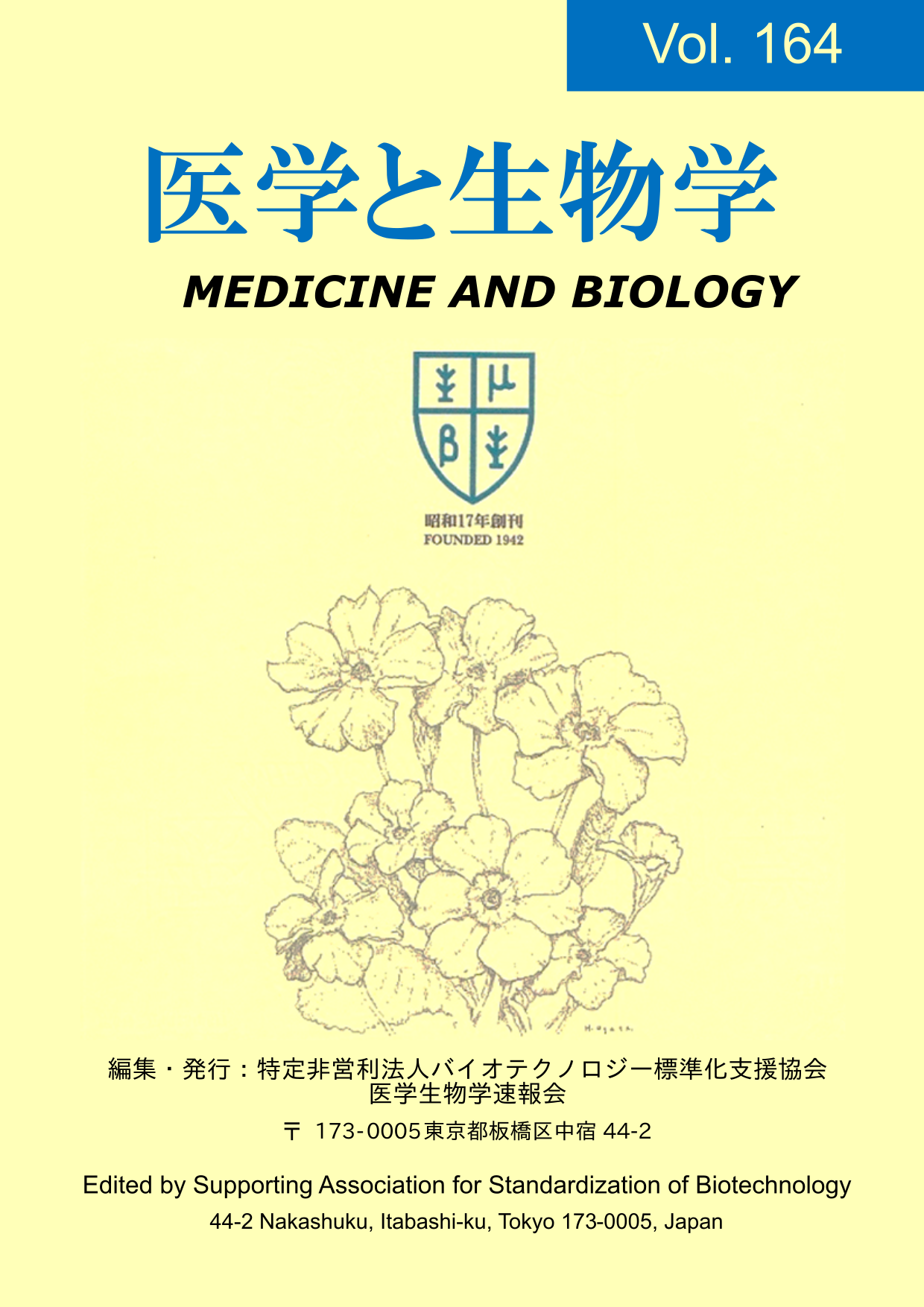Effectiveness and evaluation of a program to improve the resilience of high school students using mindfulness breathing: Focusing on resilience, mood, and rumination
レジリエンス、気分、反すうに着目して
Keywords:
resilience, mindfulness, rumination mood, educational material developmentAbstract
High school students are prone to various types of stress due to physical and mental changes associated with biological maturation, changes in parent–child and peer relationships, and choices about future directions. This study used mindfulness to promote resilience to stress. Mindfulness exercises include mindfulness breathing, walking, and eating. The most common mindfulness breathing exercises were used in this study. As learning mindfulness generally requires a long-term commitment, maintaining the motivation to continue the practice is challenging. So we report the results of a 4-week low-intensity mindfulness program designed and implemented specifically to improve resilience. The participants were six high school seniors. The program comprised an initial viewing of a 10-minute video on mindfulness knowledge and breathing methods, followed by practice of mindfulness breathing while re-watching the portion of the instructional video on mindfulness breathing (5 minutes per session) during the intervention period. A self-administered questionnaire survey was completed before and after the intervention and one month after the intervention ended to assess effectiveness. The questionnaire assessed the participants’ resilience, mood, and rumination. Results demonstrated that for “total resilience,” “breakthrough power,” and “overcoming power,” the main effect Bayes factor (BF) values were valid. “Mood” also had a valid BF value for the main effect. However, for “rumination,” the BF value for the main effect did not reach the validity level. This program may be useful for improving high school students’ resilience, reducing their unpleasant mood, and supporting their healthy growth.


